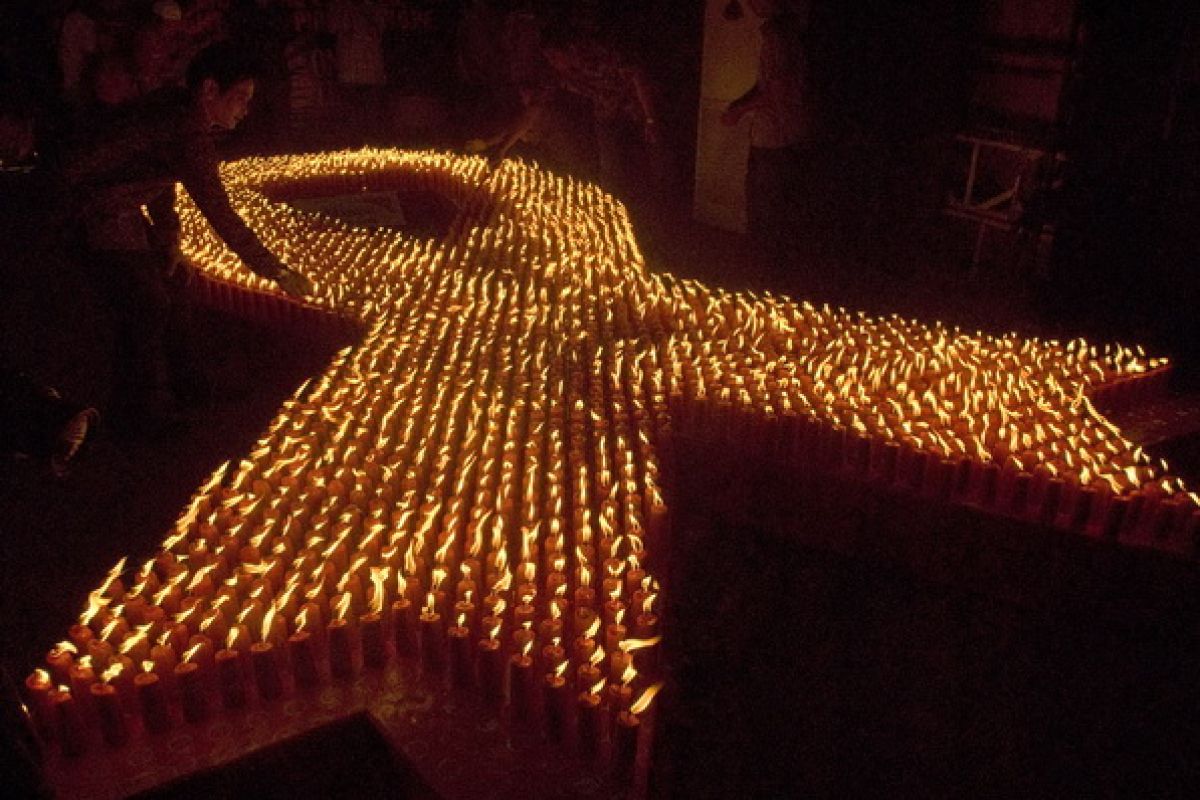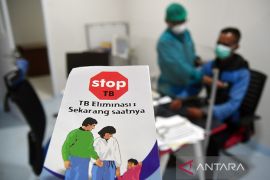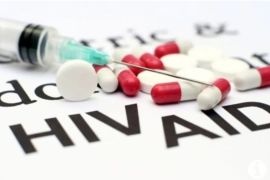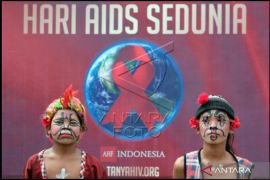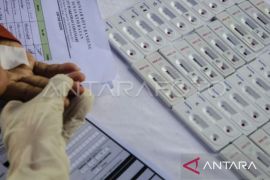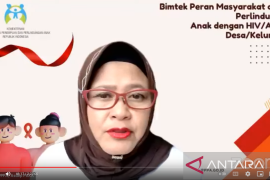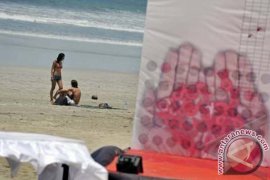According to data from the Health Ministry, the number of HIV/AIDS cases in Indonesia is rising. In 1987, it was reported there were five f HIV/AIDS cases in Indonesia. The number rose to 2,555 in 2000 and to 2,753 d in 2010 . Overall, HIV/AIDS cases in Indonesia in the period 1987-2010 totaled s 22,726.
Country Coordinator of UNAIDS Nancy Fee said there should be a new approach in the efforts to stop the spread of HIV/AIDS in Indonesia where, according to the World Health Organization (WHO), about 300,000 people of its 200 million population had been infected with the deadly virus.
"Indonesia should adopt new ways of handling the spread of HIV/AIDS among people because now the transmission of the disease is not only through injections but also through unsafe heterosexual sex between prostitutes and their clients or among adults," she said.
The Indonesian government estimates there are 200,000 female sex workers in the country and a male clientele of up to 3 million. Only 10 to 15 percent of these clients use condoms.
Nancy suggested people to be more open with the issue of using condoms and reproductive health devices. She also said local approaches should be used to reach more Indonesians, especially sex workers, and made them aware about the danger of the disease.
She took example of the campaign for sex workers to use condom when serving their customers. "It is important to make sex workers understand that using condoms will protect them and the client from the possibility of being infected with HIV/AIDS," she said adding that sex workers being vulnerable to get infected by HIV/AIDS were those who come from groups such as young women, least educated prostitute and street prostitute.
She said the UNAIDS, NGOs and Indonesian government through Ministry of Health and National Commission for AIDS had conducted several programs to promote the use of condom to sexual workers.
"Professional outreach officers usually come to the prostitution place to give personal counseling to sexual workers of how to convince their customer to use condom, what are the implications and there is talk about reproductive health issue," she said adding that the existing strategy need to be strengthened more in the future.
Earlier, Chief of National Commission for AIDS Eradication as well as the Coordinating Minister for People`s Welfare Agung Laksono stated the handling of HIV/AIDS spread in Indonesia needs to be improved.
"There are three indicators on the effort to eradicate HIV/AIDS that need to be improved namely the use of condom in risky locations such as port and prostitution complexes, the percentage of teenagers aged 15 years above having an adequate knowledge about HIV/AIDS and the percentage of regional government which actively conducted programs to eradicate HIV/AIDS spreading in their area," said the minister.
Minister Laksono said the government had actually run a program to distribute condom for free for people who were working in HIV/AIDS spread high-risk locations namely in port and prostitution complexes.
However, the program was hampered as many prostitution complexes in several provinces were shut down. "It`s hard to trace those sexual workers as they work undercover now," said the minister.
Minister Laksono also commented on the funding of government activities related to eradication of HIV/AIDS in Indonesia which were still originated from foreign aids namely from the US, Australia and Global Fund.
He expressed hope to see regional governments funding such activities from local budget within the next two to three years ahead. "I also hope there will be more skilled personnel for anti HIV/AIDS campaign who are dispatched to provinces and districts in Indonesia," said the minister.
Areas with the highest number of spread of HIV/AIDS in Indonesia were North Sulawesi, Jakarta, East Java, West Java, Papua, Bali, West Kalimantan, Central Java, North Sumatra and Yogyakarta.
Jones Oroh, manager of National AIDS Commission (KPA)-North Sulawesi province, said the capital city Manado had the highest rate of human immunodeficiency virus (HIV)/acquired immunodeficiency syndrome (AIDS) prevalence in North Sulawesi.
He said there were 787 cases of AIDS in the whole province of which 313 were to be found in Manado, the provincial capital. Of the total 313 patients in Manado, 101 were HIV and 212 AIDS patients.
The port city of Bitung, some 60 km from Manado, had the second highest prevalence of patients, namely 183, consisting of 100 HIV and 83 AIDS patients.
Oroh said there were HIV/AIDS patients in each of the 15 districts, towns and cities in North Sulawesi. KPA-North Sulawesi had been giving counseling to those patients to help them overcome the psychological impact of the disease.
Despite the usual conception that HIV/AIDS had something to do with sexual behavior, in North Sulawesi however there were interesting facts as the largest number of infected people there were ordinary workers or business persons.
As many as 202 HIV/AIDS patients were employees or business people, housewives 138 cases and sexual workers 72 cases, seamen 53 cases.
On gender category, the largest number of patients were male numbering to 468 cases, 134 HIV patients and 334 AIDS patients. Female patients number to 319 cases, 148 HIV patients and 171 AIDS patients.
Heterosexual cases make up the largest number of HIV/AIDS incidence in North Sulawesi, 607 cases, followed by narcotics-related cases 95, and homosexual cases 14 patients and bisexual cases two patients.
(T.A051/HAJM/A014)
Reporter: by Amie Fenia Arimbi
Editor: Priyambodo RH
Copyright © ANTARA 2011
